As we enter February and Black History Month, Howe Library's featured new books examine racial history and current issues from a number of different perspectives.
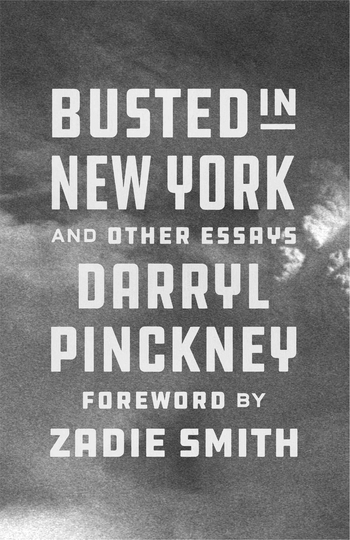 Busted in New York and Other Essays
Busted in New York and Other Essays
by Darryl Pinckney; Foreword by Zadie Smith
In these twenty-five essays, Darryl Pinckney has given us a view of our recent racial history that blends the social and the personal and wonders how we arrived at our current moment. Pinckney reminds us that “white supremacy isn’t back; it never went away.” It is this impulse to see historically that is at the core of Busted in New York and Other Essays, which traces the lineage of black intellectual history from Booker T. Washington through the Harlem Renaissance, to the Black Panther Party and the turbulent sixties, to today’s Afro-pessimists, and celebrated and neglected thinkers in between. – Macmillan Publishers
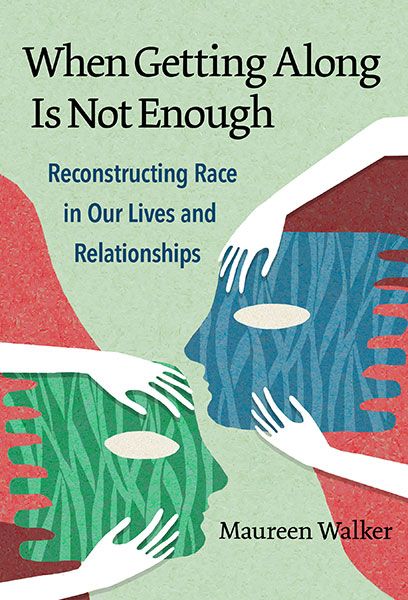 When Getting Along Is Not Enough: Reconstructing Race in Our Lives and Relationships
When Getting Along Is Not Enough: Reconstructing Race in Our Lives and Relationships
by Maureen Walker
Now more than ever, race has become a morphing relational dynamic that has less to do with the demographic census box we check and more with how we make sense of our lives—who we are and who we can become in relationships with others. Using anecdotes from her practice as a licensed psychologist and as an African American growing up in the South, Walker provides a way for educators and social service professionals to enter into cross-racial discussions about race and race relations. She identifies three essential relational skills for personal transformation and cultural healing that are the foundations for repairing the damage wrought by racism.
While Walker does not sugarcoat the destructive history of racism that we all inherit in the United States, the book’s vision is ultimately affirming, empowering, hopeful, and inclusive about the individual and collective power to heal our divisions and disconnections. – Teachers College Press
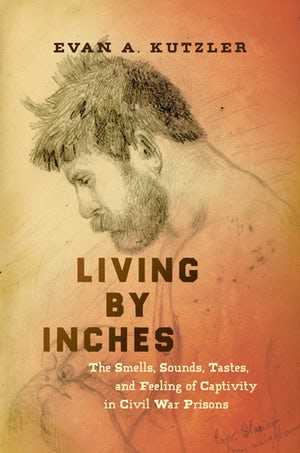 Living by Inches: The Smells, Sounds, Tastes, and Feeling of Captivity in Civil War Prisons by Evan A. Kutzler
Living by Inches: The Smells, Sounds, Tastes, and Feeling of Captivity in Civil War Prisons by Evan A. Kutzler
From battlefields, boxcars, and forgotten warehouses to notorious prison camps like Andersonville and Elmira, prisoners seemed to be everywhere during the American Civil War. Yet there is much we do not know about the soldiers and civilians whose very lives were in the hands of their enemies. Living by Inches is the first book to examine how imprisoned men in the Civil War perceived captivity through the basic building blocks of human experience--their five senses. From the first whiffs of a prison warehouse to the taste of cornbread and the feeling of lice, captivity assaulted prisoners’ perceptions of their environments and themselves. Evan A. Kutzler demonstrates that the sensory experience of imprisonment produced an inner struggle for men who sought to preserve their bodies, their minds, and their sense of self as distinct from the fundamentally uncivilized and filthy environments surrounding them. From the mundane to the horrific, these men survived the daily experiences of captivity by adjusting to their circumstances, even if these transformations worried prisoners about what type of men they were becoming. – University of North Carolina Press
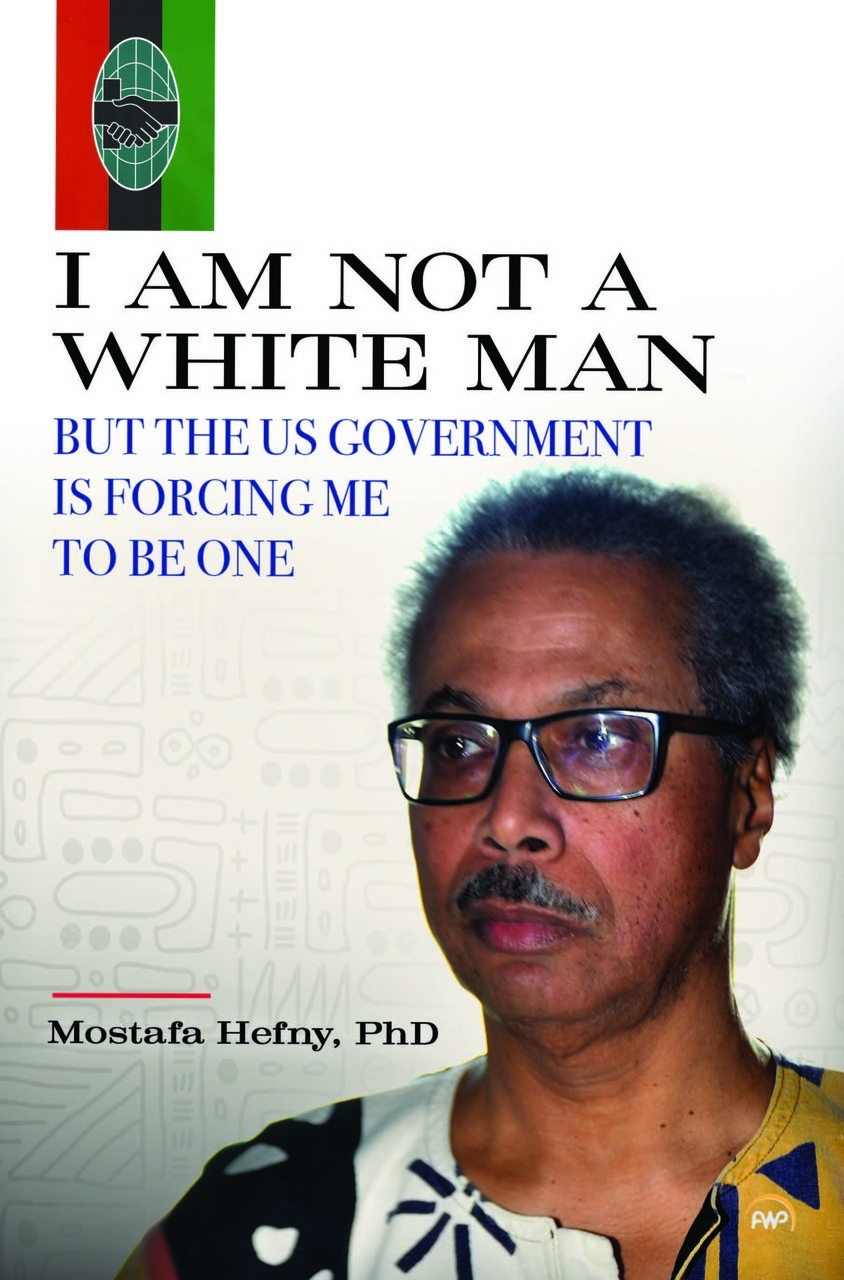 I Am Not a White Man but the US Government Is Forcing Me to Be One by Mostafa Hefny
I Am Not a White Man but the US Government Is Forcing Me to Be One by Mostafa Hefny
Can a professional man, whose only crime is asserting his Nubian/African identity, and a refusal to be classified as “white” be persecuted, and become the subject of harassment facing financial and mental ruin? The author of this book, Dr. Mostafa Hefny, is of Egyptian, Nubian/African origin, whose self-identity and assertion that he should not be classified as a white man in United States legal and professional papers has caused him innumerable social, mental and professional harm and suffering.
Dr. Hefny, who is a naturalized American citizen, came to the US in 1978 and became a U.S. citizen in 1985. He has a PhD in Education from Wayne State University in Detroit, Michigan, U.S.A. He was a bilingual resource teacher with Wayne County Regional Education Service Agency for thirteen years.
As a learned and proud Nubian/African, with an affirmative self-awareness, Dr. Hefny challenged a system that immediately classified him as a white man, purely because he originates from Egypt. He paid a heavy price for his self-assertion with personal harassment, professional isolation, lack of legitimate promotions at work, tremendous legal costs resulting, in mental, physical and financial stress. Here Dr. Hefny narrates and documents in brief his harrowing experience with his employer, a service agency in Wayne, Michigan, where his refusal to be classified as a “White Man”, created an unhealthy working environment and resulted in his being confined to a medical facility. – Africa World Press
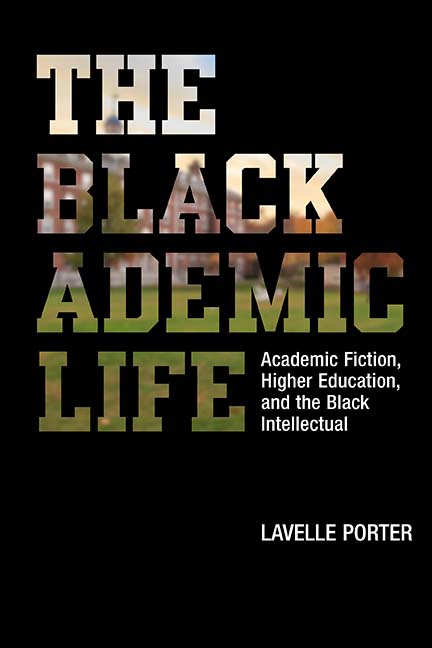 The Blackademic Life: Academic Fiction, Higher Education, and the Black Intellectual by Lavelle Porter
The Blackademic Life: Academic Fiction, Higher Education, and the Black Intellectual by Lavelle Porter
The Blackademic Life critically examines academic fictions produced by black writers. In it, Lavelle Porter evaluates the depiction of academic and campus life in literature as a space for black writers to produce counternarratives that celebrate the potentials of black intelligence and argue for the importance of black higher education, particularly in the humanistic tradition.
Beginning with an examination of W. E. B. Du Bois’s creative writing as the source of the first black academic novels, Porter looks at the fictional representations of black intellectual life and the expectations that are placed on faculty and students to be racial representatives and spokespersons, whether or not they ever intended to be. The final chapter examines blackademics on stage and screen, including in the 2014 academic film Dear White People and the groundbreaking television series A Different World. – Northwestern University Press
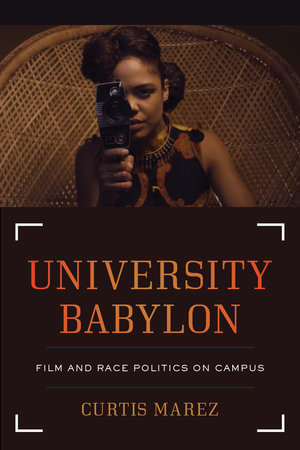 University Babylon: Film and Race Politics on Campus by Curtis Marez
University Babylon: Film and Race Politics on Campus by Curtis Marez
From the silent era to the present, film productions have shaped the way the public views campus life. Collaborations between universities and Hollywood entities have disseminated influential ideas of race, gender, class, and sexual difference. Even more directly, Hollywood has drawn writers, actors, and other talent from ranks of professors and students while also promoting the industry in classrooms, curricula, and film studies programs. In addition to founding film schools, university administrators have offered campuses as filming locations.
In University Babylon, Curtis Marez argues that cinema has been central to the uneven incorporation and exclusion of different kinds of students, professors, and knowledge. Working together, Marez argues, film and educational institutions have produced a powerful ideology that links respectability to academic merit in order to marginalize and manage people of color. Combining concepts and methods from critical university studies, ethnic studies, native studies, and film studies, University Babylon analyzes the symbolic and institutional collaborations between Hollywood filmmakers and university administrators over the representation of students and, by extension, college life more broadly. – University of California Press
